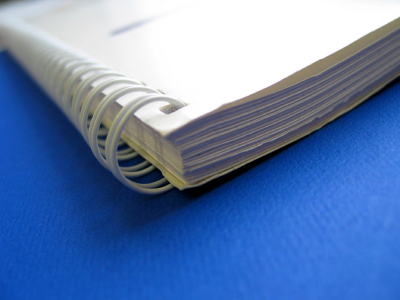A D.C. Circuit panel unanimously ruled that the Public Company Accounting Oversight Board (“PCAOB”) acted unlawfully by denying former Ernst & Young partner Marc Laccetti his right to bring an accounting expert to an investigative interview. The March 23rd decision in Laccetti v. Securities & Exchange Commission potentially throws the validity of many pending PCAOB investigations into question and provides important procedural rights to the subjects of those investigations.
Laccetti was investigated and sanctioned by the PCAOB in connection with Ernst & Young’s audit of Taro Pharmaceutical Industries, Ltd.’s 2004 financial statements. The PCAOB’s rules provide witnesses interviewed by the PCAOB the right to be represented by counsel. However, the PCAOB had interpreted that rule as limited to lawyers only. Accordingly, when Laccetti was interviewed during the PCAOB’s investigation, the PCAOB permitted Lacetti to be accompanied by an in-house Ernst & Young lawyer but refused his request that an Ernst & Young accounting expert also be present. The PCAOB advised Laccetti that he and his counsel could consult with an expert before or after testifying, but that the presence of any technical expert was “not appropriate” at the interview. Following that interview, in a decision subsequently affirmed by the Securities and Exchange Commission (“SEC”), the PCAOB fined Laccetti $85,000 and suspended him from the accounting profession for two years. READ MORE



